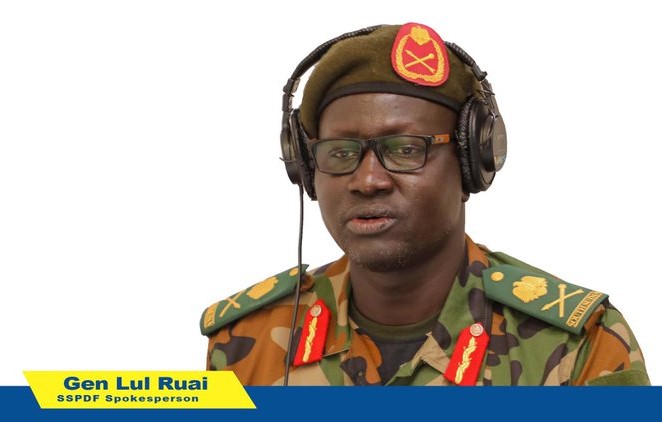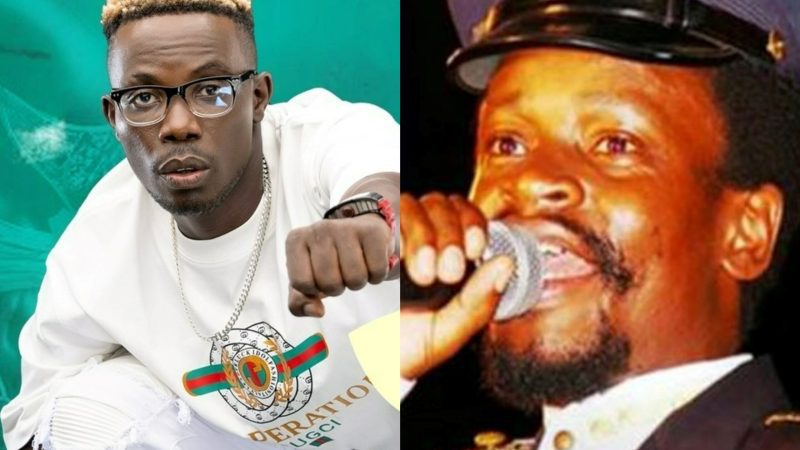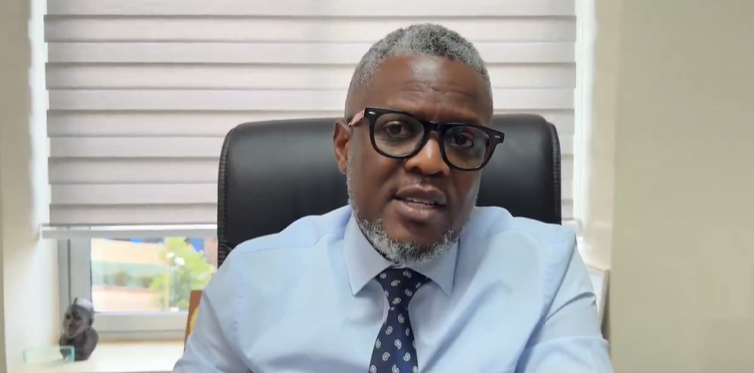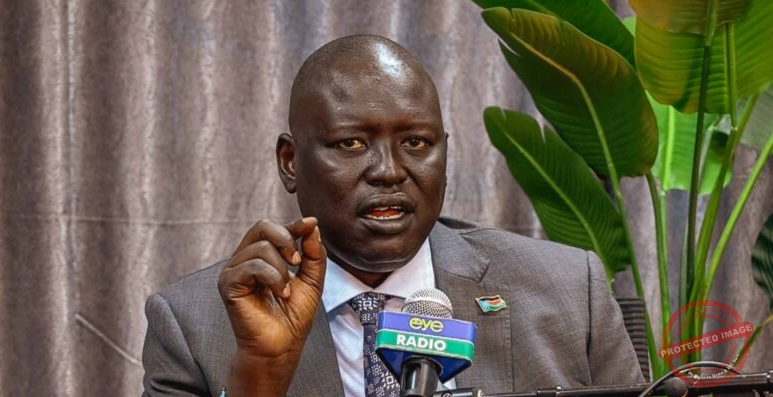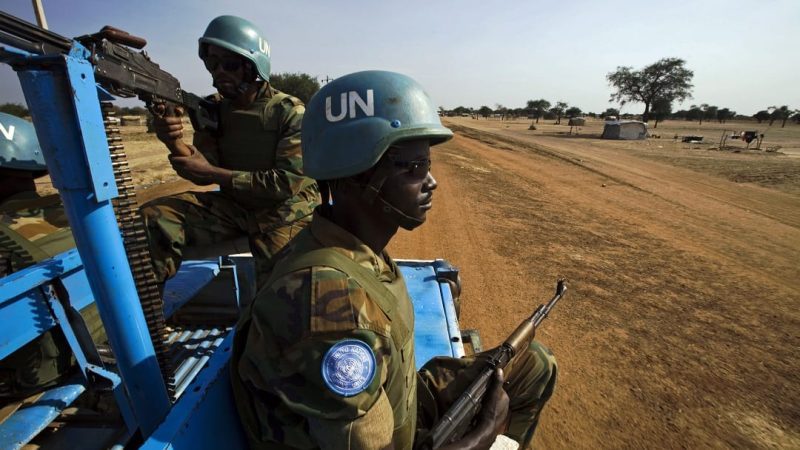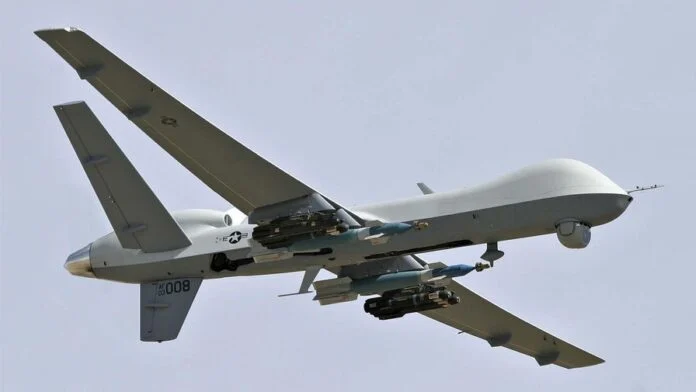
It was not planned. It just happened. Or to paraphrase him:He just did it. Paul Kagame was inaugurated for another seven-year term last week, and Africa came of age.
An extraordinary thing happened at the inauguration. Tens of thousands of Rwandans who came to witness the swearing in completed their President’s thoughts. He started a sentence, and the masses completed it in song! For over a minute, under the bemused gazes of numerous African Heads of State and Government, Kagame was unable to continue his speech under the thunderous chant of ‘There Is No Fight That Scares Me’.
Now, we all know of couples in marriage who, if they have lived together long enough complete each other’s sentences. To see the phenomenon between a leader and his people is extremely rare. The closest I can think of, is the March on Washington and Martin Luther King’s ‘I have a Dream’ Speech in 1963.
Then, as now, a leader carrying the burdens of a people’s catastrophic history, envisioning a brighter future, aware of the effort it would take to take hold of it, simply became the voice through which people spoke.
Then, as now, this phenomenon was extremely disturbing to those wedded to the status quo.
I have been baffled by the viciousness of the attack against Kagame by some Western groups and media. One publication even took the extraordinary step of telling Africans who it said, admired Kagame, that they are wrong, and the ‘Rwandan model’ is bad for them.
But what exactly is the Rwandan model? Voice for the people, investment in unity instead of sectarianism, peace and security for all, economic growth with equity, universal access to health care, world class infrastructure in a developing country, free primary and secondary education, investment in mathematics, science and technology, gender equality, a clean society intolerant of corruption, commitment to the reduction of absolute poverty as well as to regional and continental integration. All this in the context of a tightly knit, rugged, ambitious, visionary, innovative, and adaptable society.
The Rwandan model is about the State focusing on solving the peasant’s existential problems, empowering them, and giving them control of their most precious asset, land.
It is about the ceaseless struggle to make sure that governance belongs to the smallest unit, that government and governors are accountable to the governed, and face consequences if they do not deliver.
It is about looking inward for solutions to intractable problems, not expecting miracle pills from foreigners. As a matter of fact, it rejects ‘adult supervision’ for the right of the people to make their choices – and own their mistakes.
It is about answering Ken Saro- Wiwa’s lament:
“Our ship of State is today sinking! A few are manipulating the system to their advantage, but our women, our youth, the masses are being flushed down the drain…….We must shun the simplistic solutions now being proffered,” with Paul Kagame’s
“Africa has no civilizational problems, only assets – sans aucun doute. Today, it endows us with ambition, compassion and creativity.”
Those who say this ‘model’ is not good for Africa display an arrogance that is reflective of the ‘soft bigotry of lowered expectations.’
Kigali has brought back excitement into the discourse on nation building, governance and development. Rigid orthodoxies have been challenged, probed, bent, adapted, adopted, or discarded.
Take the idea that ethnic majorities are political majorities. That Africa can never build Political majorities across perceived and rigidifed ethnic identities. Or indeed the belief that Political competition is inimical to consensus. That democratic political competition precludes the sharing of power. That the winner must govern as they wish, and the opposition’s role is simply to oppose everything, sometimes violently and have absolutely no role in governance.
Rwanda has successfully challenged these concepts, enshrining power sharing and consensus in her Constitution, to the chagrin and ire of those who have made lifetime careers out of promoting them.
Now the challenge has moved beyond borders.
A heretofore unthinkable political tableau unfolded at the inauguration. The Presidents of South Sudan and the Sudan were present. So was the President of the Sahrawi Arab Democratic Republic and the Speaker of Parliament of the Kingdom of Morocco. The Prime Minister of the Federal Republic of Ethiopia and a high-level delegation from the State of Eritrea. This occurrence, difficult to imagine in the past, shows that much more unites Africa than divides it.
Also present, among others, was the President of the Central African Republic.
In many countries, that are the focus of Africa’s determination to silence the guns, Rwandan troops serve quietly, efficiently, effectively and with steely resolve to provide the security within which resolution of the underlying political and governance issues is possible.
An African renaissance is not about land, nature, resources, or lack thereof. It is about a change in mindset, right priorities, and investment in delivery for the many. It is not a point in time, but an enjoyable, if difficult journey towards the future we deserve.
It is about the rejection of the hubris that led some to proclaim the complete success of Western dominated ideals and the end of history, with the capacity to imagine a future based on African and other models. The litmus test must be, does this work for us, not from whence does this model originate.
That is why, for me, and I suspect for many Africans, given the geo-political context in which it occurred, Kagame’s swearing in was not a mere inauguration. It was a harbinger for what Africa can be: A Coming Of Age!
Dr Richard Sezibera was the 4th Secretary General of the East African Community


